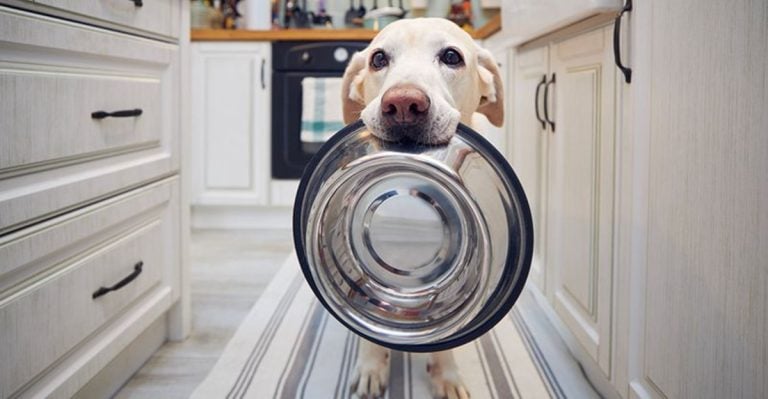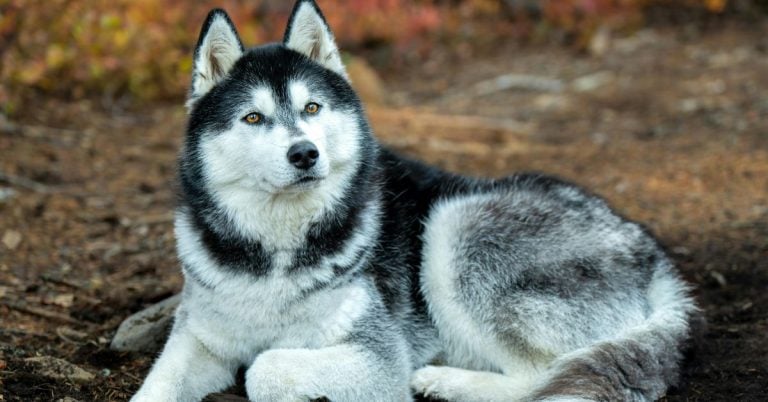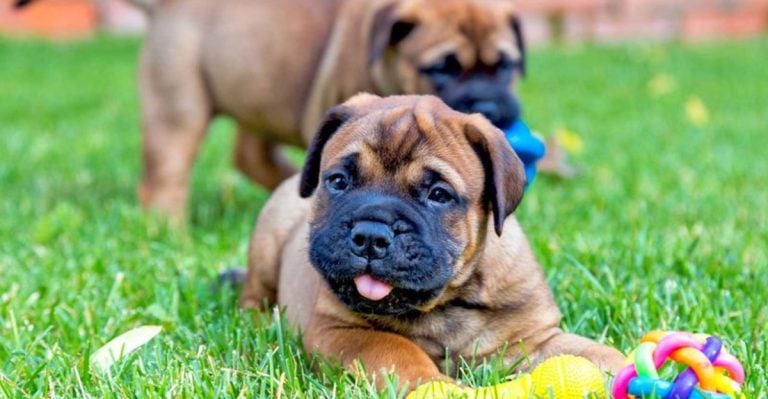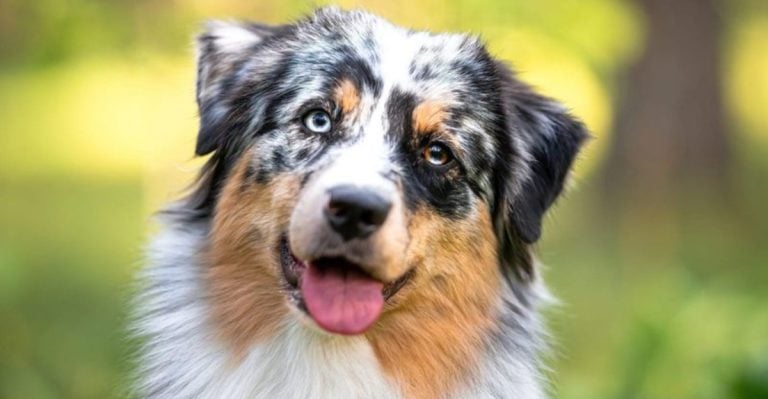7 Dog Breeds Cats Can Trust—and 7 They Should Definitely Avoid
The dynamics between dogs and cats have intrigued pet enthusiasts for ages. Some dog breeds are known for their friendly demeanor, making them perfect companions for felines. Others, however, might not get along well with their cat counterparts. This article explores seven dog breeds that cats can trust, as well as seven breeds they should definitely avoid. Each breed is discussed in detail, highlighting unique traits, characteristics, and behaviors, aiming to guide pet owners in fostering harmonious homes.
1. Pugs
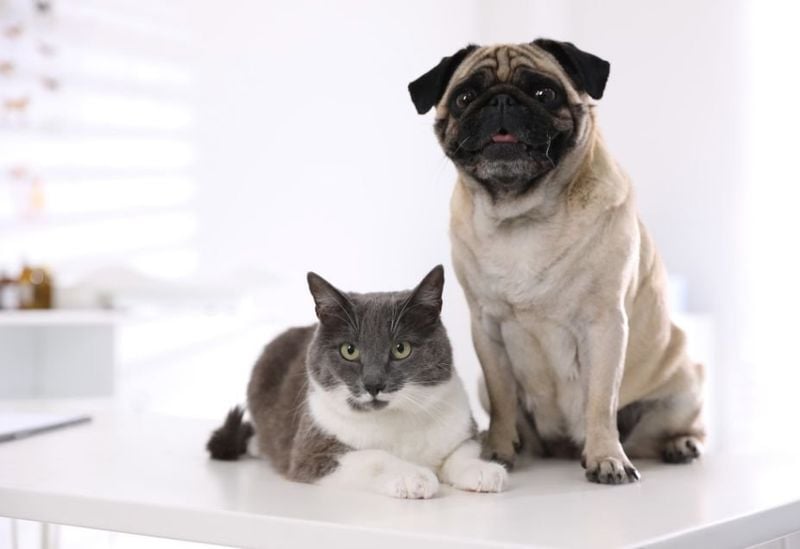
With their quirky snorts and comical expressions, Pugs are nothing short of charming. They are known for their affectionate nature, which extends to every creature in their vicinity. Pugs often form strong bonds with cats, courtesy of their laid-back attitude.
These dogs thrive on companionship and are rarely aggressive, making them ideal feline friends. Due to their compact size and love for lounging, they fit perfectly in a multi-pet household. These small yet spirited dogs are the epitome of friendship, always ready to share a cozy spot on the couch.
2. Basset Hounds

With ears that seem almost too big, Basset Hounds embody a serene aura. Their gentle demeanor is matched by a patient outlook, which is why cats often find them non-threatening. Known for their loyal companionship, these hounds rarely exhibit aggression, preferring instead to observe the world with mild curiosity.
Their laid-back disposition ensures they seldom chase or annoy their feline counterparts. This breed’s mellow mood makes them ideal for families with cats, providing a peaceful coexistence. The Basset Hound exemplifies tranquility and steadfast friendship.
3. Boxers

Boxers are bundles of energy wrapped in a muscular frame, yet they have a soft spot for feline friends. Known for their playful antics, Boxers often initiate games that cats surprisingly enjoy. Their protective nature extends to all family members, including cats, ensuring a harmonious environment.
These dogs are alert and energetic, yet their playful spirit often puts cats at ease. Despite their robust build, Boxers can be gentle giants, always ready for a playful romp in the yard or a quiet moment indoors.
4. Newfoundlands

With a heart as big as its paws, the Newfoundland is every child’s gentle guardian. Their size might be intimidating, but these dogs are gentle giants known for their patient and tolerant nature. Newfoundlands often regard cats as fellow family members, watching over them with a calm demeanor.
Their affectionate nature ensures that cats feel safe and secure, making them excellent companions in a mixed-pet home. Known for their sweet disposition, Newfoundlands thrive on human and animal interaction, creating a loving environment for all.
5. Cavalier King Charles Spaniels

Elegant and friendly by nature, the Cavalier King Charles Spaniel is known for its gentle disposition and loving temperament. This breed gets along splendidly with cats, thanks to its calm and sociable personality.
Their lack of aggression and quiet companionship make them especially appreciated by feline housemates. Affectionate with all members of the household, Cavaliers thrive in multi-pet environments. With their graceful gait and warm demeanor, they bring harmony and joy wherever they go, fostering peace and friendship among all pets.
6. Golden Retrievers
Renowned for their golden coats and even brighter personalities, Golden Retrievers are synonymous with friendliness. Their amiable disposition makes them excellent companions not just for humans, but for cats as well. These dogs are patient and gentle, traits that cats find reassuring.
Often seen sharing their space with feline friends, Golden Retrievers are protective yet playful. Their ability to adapt to various environments ensures they are a favorite in households with multiple pets. Their warmth and kindness are truly unmatched.
7. Collies

Known for their intelligence and loyalty, Collies are natural protectors. These agile dogs possess a nurturing instinct, often extending it to any feline companions. Cats find comfort in their calm and steady nature, as Collies rarely show aggression.
Their herding skills translate into a protective behavior, ensuring that all household members feel safe. Collies’ intuitive understanding of family dynamics makes them perfect for homes with cats. Their gentle yet vigilant presence is both reassuring and endearing, fostering a spirit of harmony.
8. Australian Cattle Dogs
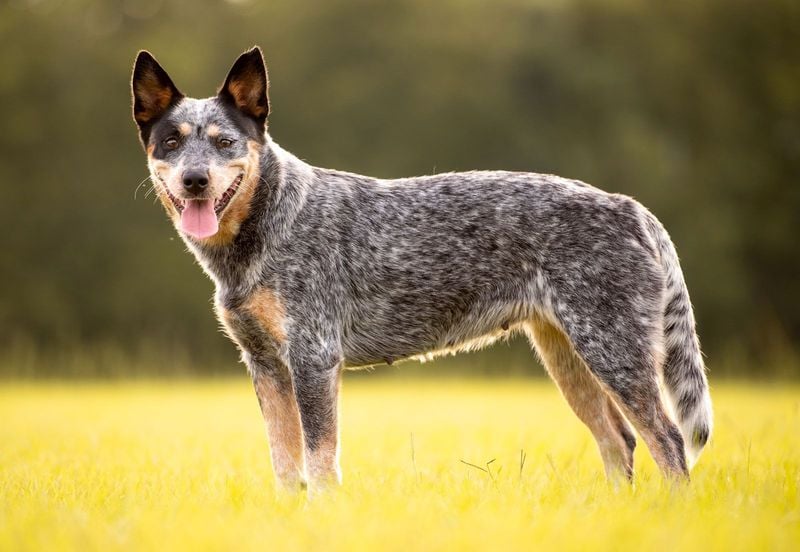
Vibrant and full of life, Australian Cattle Dogs are known for their work ethic and energy. While their loyalty to their owners is unwavering, this breed might not extend the same courtesy to cats. Their herding instincts can make them prone to chasing smaller animals, which may unsettle feline companions.
Despite their intelligence and trainability, their high energy levels often clash with a cat’s more relaxed nature. Households seeking harmony might find these dogs a bit too spirited for cohabitation with cats.
9. Rhodesian Ridgebacks

Bold and powerful, Rhodesian Ridgebacks are revered for their hunting prowess. This natural hunting instinct may extend to smaller animals, including cats, which can lead to tension. Despite their loyalty to their human families, they may not see cats as companions.
Ridgebacks require firm training and socialization to coexist peacefully with feline friends. Their independent nature and strong will might not align with a cat’s more passive demeanor. Families should weigh these factors when considering a Ridgeback in a multi-pet home.
10. Jack Russell Terriers

Jack Russell Terriers are lively and spirited, often with an insatiable curiosity. While their playful nature can be endearing, it can also be overwhelming for cats. Known to chase anything that moves, their interaction with cats can be unpredictable.
Despite their intelligence and trainability, they may view cats as part of the chase game. These terriers’ energetic disposition can lead to an unsettled environment for felines, making them not the best companions for cats. Their zest for life is best matched with a similarly energetic playmate.
11. Greyhounds
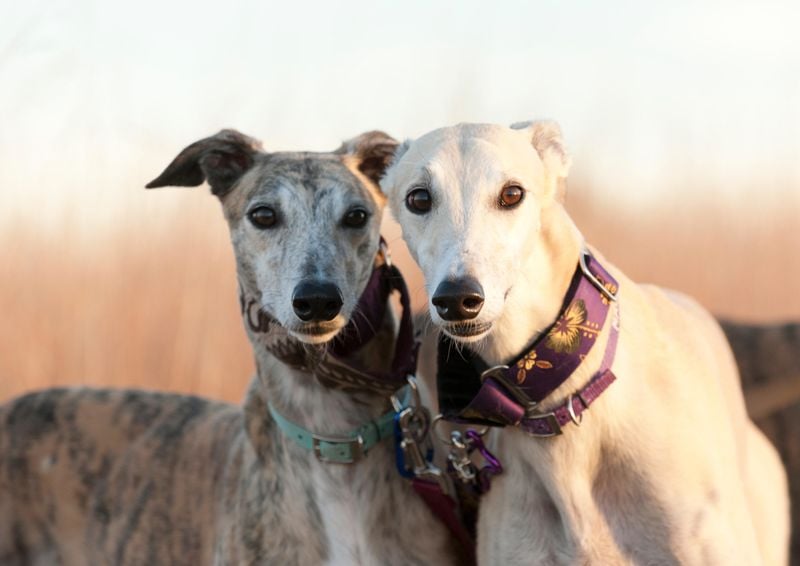
Greyhounds are the epitome of speed and grace, celebrated for their racing heritage. Their instinct to chase is deeply ingrained, which can prove challenging for cats. While they are gentle with humans, their sight-hound nature means they might see cats as prey.
Despite their sleek and calm appearance, Greyhounds require careful supervision around smaller animals. With proper training and socialization, they can learn to coexist, but their natural instincts should not be underestimated. Greyhounds are best suited for homes where feline interaction is minimal.
12. Siberian Huskies

Huskies are known for their striking appearance and energetic spirit. Their playful nature often comes with a strong prey drive, which can be unsettling for cats. While they thrive in social settings, their energetic antics may overpower a cat’s calm demeanor.
Despite their friendliness towards humans, they may not extend the same warmth to feline companions. Huskies require space and activities that align with their high energy levels, and homes with cats might find their dynamics challenging. They are best suited for environments where their prey instincts are managed.
13. Rat Terriers

Small but mighty, Rat Terriers are known for their bold personalities. Their instinct to hunt and dig makes them less than ideal for homes with cats. While they are affectionate with their human families, their interaction with cats can be unpredictable.
Their high energy levels and incessant curiosity often lead to chasing behaviors. Despite their size, they are tenacious and determined, which can lead to a tense environment for cats. Rat Terriers thrive in active households but might not sync well with feline roommates.
14. Weimaraners
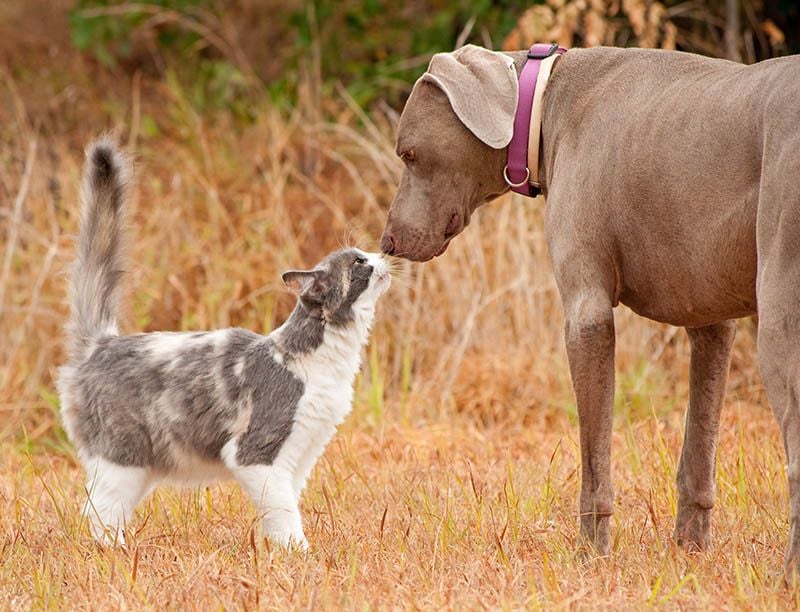
Elegant and athletic, Weimaraners are known for their sleek appearance and hunting background. Their prey drive is strong, often translating to a challenging dynamic with cats. These dogs are incredibly loyal to their human companions but may not share the same sentiment towards feline friends.
Weimaraners require plenty of exercise and mental stimulation to keep their instincts in check. While they can coexist with cats under strict supervision, their natural tendencies often lead to conflicts. Ideal homes would provide environments where their prey instincts are minimized.


